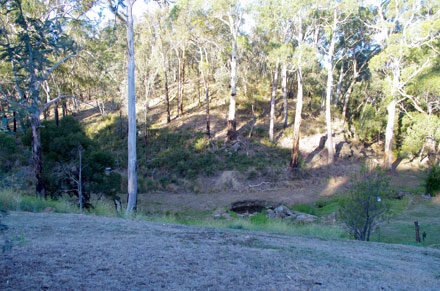
This month marks Scion’s 70th anniversary. In April 1947, the then State Forest Service established a Forest Experiment Station on the Scion campus to centralise forestry research. Source: Timberbiz
The roots run deeper however, and Scion’s development has paralleled the evolution of commercial plantation forestry and its associated industries over the past century.
Scion, and its predecessors from the 1920s, developed the genetics of trees whose progeny now populate over 90% of New Zealand commercial forests.
In 1947, the forest health group was formed and the control measures they developed for dothistroma needle blight and sirex wood wasp still apply today.
In the late 1950s, research into wood manufacturing and wood products commenced and resulted in technologies such as drying, preservation and fibre production now widely used by New Zealand’s wood processors.
In 2000, Scion extended its focus to developing renewable chemicals, materials and energy from forest resources and, later, into ecosystem services to further extend the revenue streams available from forests.
These changes reflected increasing international interest in petrochemical substitutes and New Zealand’s need to enhance environmental performance and energy security.
More recently the focus was on using land within tighter environmental limits, realising value from forest ecosystem services and benefiting from the digitisation of services and manufacturing has stepped up.
Such achievements built Scion’s reputation as a world-leader in forest industry research and technology development.
Now there is a distinct multi-disciplinary capability across the value chain from germplasm generation to the design and application of wood, fibre and other forest resources in commercial products and services.
Scion envisages a future where forestry as a renewable resource will be pivotal to New Zealand’s economic, environmental and social wellbeing.
As partners with industry organisations and iwi Scion wants to grow and transform the forest industry to expand and enrich regions across New Zealand and enrich and expand sectors such as building and construction, biomaterials and advanced manufacturing.
And, in this future low-carbon bioeconomy, trees will also be part of the landscape as major contributors to addressing climate change and achieving sustainable land use.







